The Reasoning Behind Why Flushing Wipes is a Bad Idea
As the popularity of adult wipes grows by the day, so does the price of plumbing repairs across the country. Though adults consciously buy wipes labeled as flushable, the reality is that these wipes are anything but biodegradable.
Millions of dollars worth of sewer issues result in flushing these wipes. In fact, cities are fighting back by trying to pass bills that the wipe companies must label their products as harmful to pipes, drains, and sewers.
 The wipe industry is a 13.2 billion dollar a year industry. These wipes were not only created as a means to clean yourself after using the bathroom, but are marketed as makeup removers, hand sanitizers, and household cleaners.
The wipe industry is a 13.2 billion dollar a year industry. These wipes were not only created as a means to clean yourself after using the bathroom, but are marketed as makeup removers, hand sanitizers, and household cleaners.
Wipes are part of an expensive business and the producers will stop at nothing to get you to buy their products.
These non-woven cloths get stuck in pipes and sewer machinery. The cost of toilet repair and drain cleaning has resulted in countless individuals suing the wipe industry. Cities have partaken in these lawsuits as well. Why do these wipes clog so many drains, though?
Why have people realized the problems with flushing baby wipes, but not by flushing adult wipes? There is a multitude of reasons as to why these products clog drains, why people are more inclined to flush these, and how DIY wet wipes are better solutions than the other marketed wipes.
Why Not Throw Them in the Trash?
People adapted to throwing baby wipes in the trash because of the warnings on the labels and simply because it is part of the parenting process. Though babies produce the same type of waste as adults, there is a taboo placed on adult waste. In fact, grown people are appalled at the thought of throwing their own wipes in the trash. Actually, adults rarely keep a pail for wipes in the bathroom.
Of course, all of the blame cannot be placed on the people who use these wipes. The products are marketed to be safe, and the wipe companies market their products as making people cleaner, healthier, and less inclined to contract illnesses. These false advertisements clearly result in huge consequences for the plumbing industry.
Why These Wipes Do Not Flush
It is no secret that when a piece of toilet paper becomes the least bit wet, it begins to break down. Regardless of toilet paper thickness, the product was designed to biodegrade simply because failure to breakdown would result in astronomical plumbing issues. Wipes, on the other hand, are entirely too thick to be thrown in a toilet.
The chemicals on wipes are designed to handle messier situations, but the same chemicals make the wipes less biodegradable. Yes, the wipes breakdown, but not quick enough to avoid clogs. Even if your household does not need a toilet repair or a drain cleaning, the sewer system of cities most certainly will as a result of flushing these products.
It is important to note that even toilet paper can clog a drain. If this specially designed product can do this, what are these wipes really doing?
Wipes are usually advertised as being very durable. The conclusion to be drawn from this, though, is that they are harder to break down. Of course, one cannot see into a drain by just flushing the toilet, so they are unaware of the growing problem and continue to flush. The clog grows bigger in size and collects anything else that gets flushed.
DIY Wet Wipes
Making your own wet wipes can be done in many ways and are far safer for the plumbing system in your house and in the city. The most common way to make this product is by taking a roll of toilet paper, and soaking them in a container of baby shampoo and baby oil. The regular thickness of toilet paper is present and results in fewer clogs as the product is easily biodegradable.
 If you are making your own wet wipes for cleaning, swapping out the toilet paper for paper towels is okay. Soaking them in miscellaneous, natural cleaning fluids results in a safe cleaning product. It is still not recommended that these products are flushed, but the material of paper towels is more biodegradable than traditional wipes.
If you are making your own wet wipes for cleaning, swapping out the toilet paper for paper towels is okay. Soaking them in miscellaneous, natural cleaning fluids results in a safe cleaning product. It is still not recommended that these products are flushed, but the material of paper towels is more biodegradable than traditional wipes.
In conclusion, the cheap price put on certain household objects is not worth the underlying cost that they entail. Millions of dollars are spent each year to clean sewer machinery and household drains. Environmental issues are associated with flushing nontraditional items like wipes as well.
DIY projects are cost effective and safer in circumstances such as these. Local senators have been in the process of passing bills to ensure that the public knows the dangers of flushing wipes disguised as being safe.
We provide drain cleaning and toilet repair services in the Grand Junction, CO area. Call Peterson Plumbing at (970) 399-7063 today.
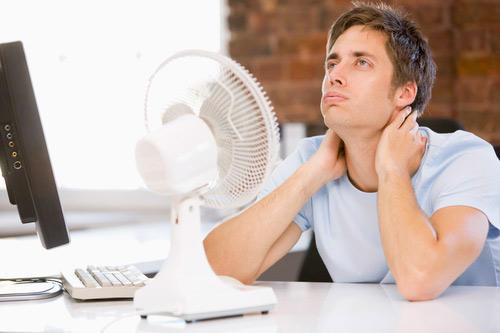 There are many styles of programmable thermostats on the market that can help regulate the heating and cooling systems. Most of them are electronic. They all can have a disastrous effect on your home if they aren’t working correctly. You may be unfamiliar with the different problems that programmable thermostats can present if they are malfunctioning. Here are 5 ways to tell if the thermostat in your home isn’t working. Some of them you may be able to fix yourself, some of them may require someone who is certified in thermostat repair.
There are many styles of programmable thermostats on the market that can help regulate the heating and cooling systems. Most of them are electronic. They all can have a disastrous effect on your home if they aren’t working correctly. You may be unfamiliar with the different problems that programmable thermostats can present if they are malfunctioning. Here are 5 ways to tell if the thermostat in your home isn’t working. Some of them you may be able to fix yourself, some of them may require someone who is certified in thermostat repair.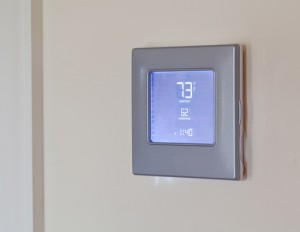 Box Must be Level
Box Must be Level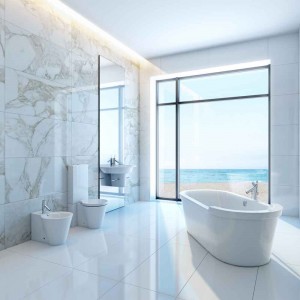 Make Sure Your Plumber is Licensed, Bonded and Insured
Make Sure Your Plumber is Licensed, Bonded and Insured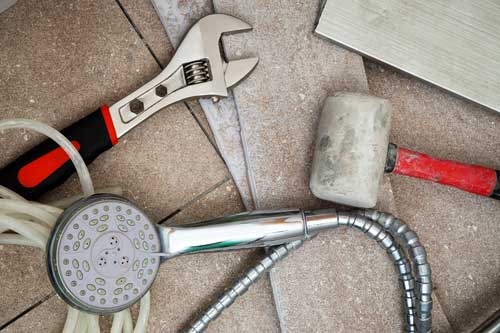
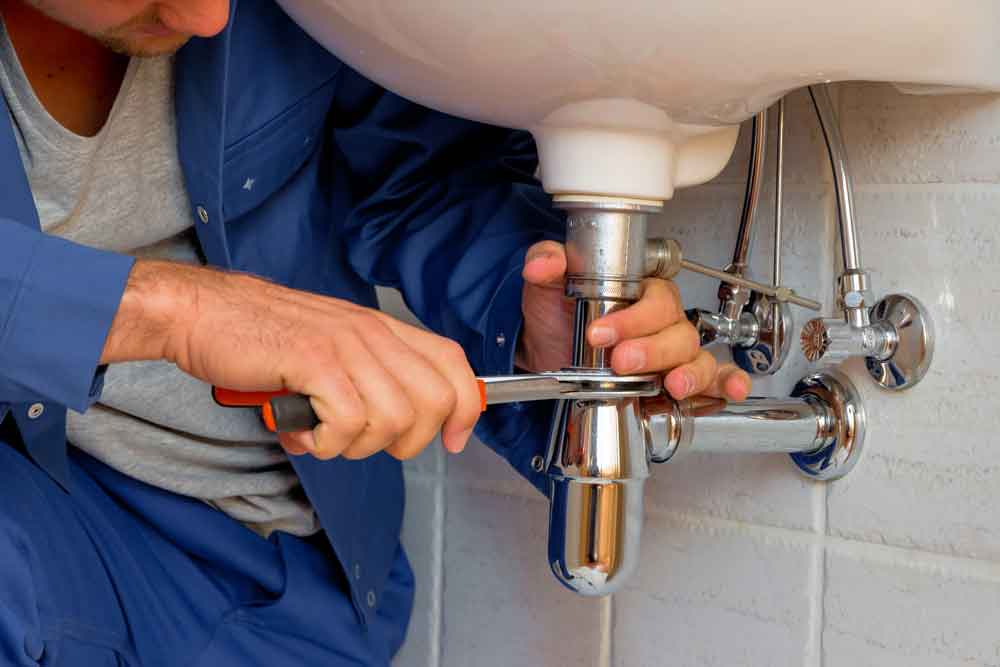 Most of the time, few even think about their pipes, connections, and fixtures, but when plumbing problems suddenly arise, it is almost always urgent.
Most of the time, few even think about their pipes, connections, and fixtures, but when plumbing problems suddenly arise, it is almost always urgent. In fact, hard water can cause a multitude of problems, which is why many opt to have a plumber come install a water softener. Some of the most common hard water issues include:
In fact, hard water can cause a multitude of problems, which is why many opt to have a plumber come install a water softener. Some of the most common hard water issues include: